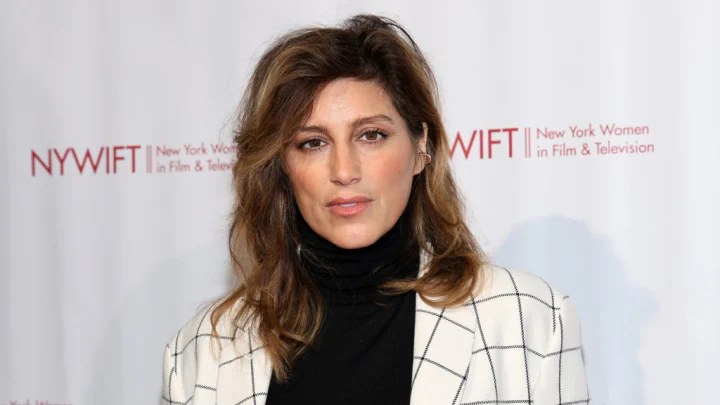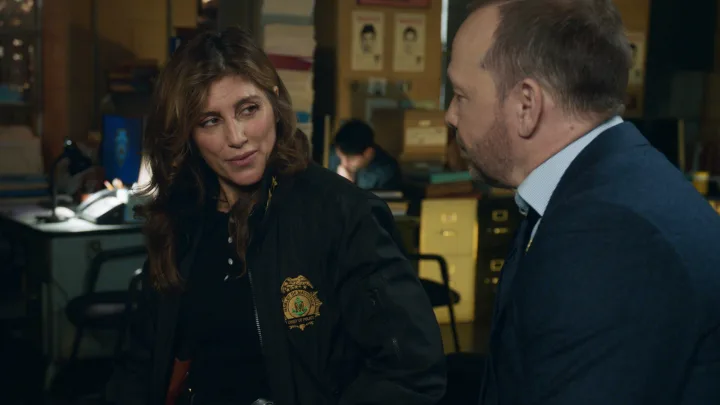Blue Bloods is nearing the finish line. The beloved police procedural has half a season left before its off the air for good, and unsurprisingly, fans are sad. The cast aren’t too happy, either. Tom Selleck has campaigned to bring the show back, but it looks like the best CBS is going to muster is a spinoff with one of the Reagan family members.
One Blue Bloods star who is content with the show ending, however, is Jennifer Esposito. The actress was part of the main cast during the first few seasons, but health complications led to issues with the producers, and she was eventually written off.
Jennifer Esposito thinks it’s “smart” to end Blue Bloods

Esposito recently talked about her time on Blue Bloods, and the show’s impending cancelation, during an interview with Screen Rant. She admitted that she has mixed feelings about her time on the show, and isn’t particularly sentimental about it coming to an end:
“Everything has to come to an end, and I think they’re smart to end it now, it’s been a long time. I had some great times, of course, I had some not some fun times.”
The actress’ stance is understandable. Esposito claimed that CBS treated her unfairly after she was diagnosed with Celiac Disease by placing her on unpaid leave and preventing her from working on other networks for a period of time.
She enjoyed returning for a season 14 cameo

Things were seemingly smoothed over when Esposito agreed to return to Blue Bloods in the season 14 finale, and again in season 15. She returned as Jackie Curatola, and her character’s dynamic with Danny Reagan (Donnie Wahlberg) was given proper closure.
This was something Esposito appreciated, and spoke fondly of during her Screen Rant discussion. “I love Donnie, I met some great people there,” she explained. “And honestly, the fans. That really warms my heart, so I couldn’t be mad at it. It was nice to go back.”
The fans felt similarly happy about her return. Esposito’s two-episode stint was praised by fans, and helped to close the loop one of Blue Bloods’ most glaring narrative issues.
